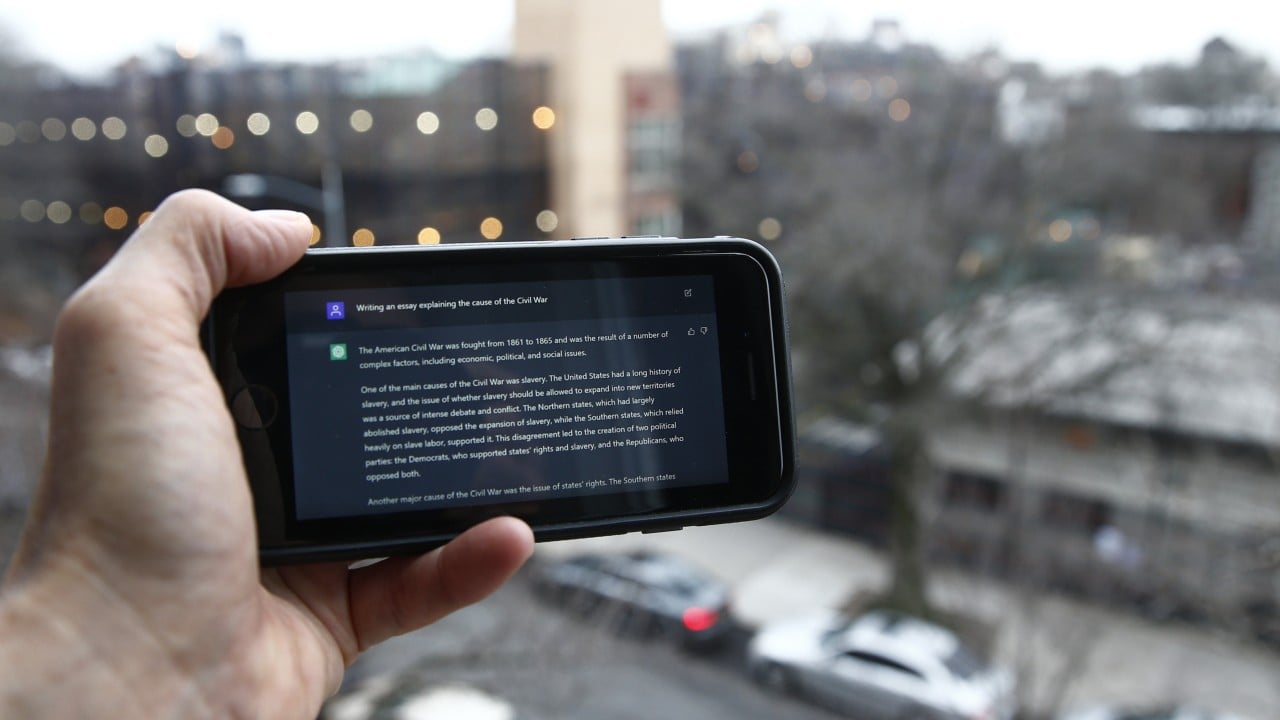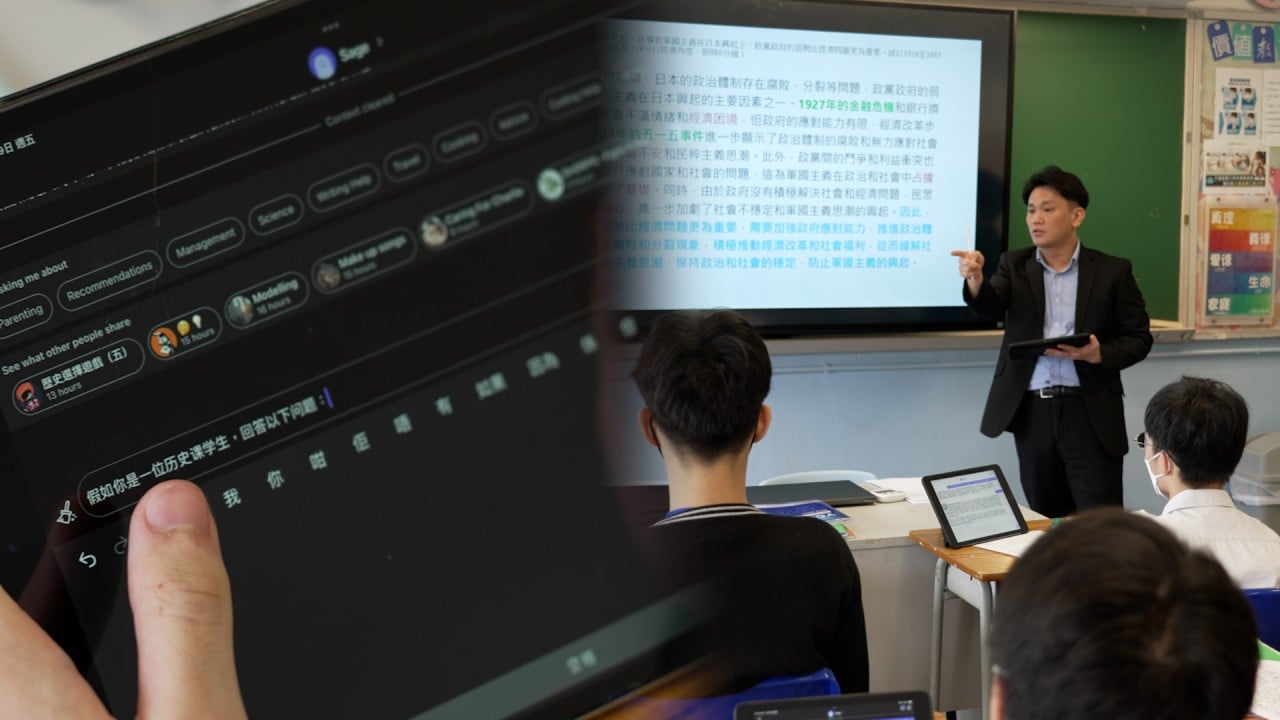When I told friends that my university department was launching a citywide short essay competition for secondary school students, many laughed, good-naturedly, of course. “An essay competition? In the age of generative AI?” asked one. “Won’t all the entries sound the same if everyone uses ChatGPT?” said another. “Isn’t the whole point of writing gone now that AI can do it better?” said a third.
Advertisement
As a researcher in AI-assisted writing, I took these doubts seriously – and personally. They reflect a larger question that many educators and writers are asking today: what does it mean to write, and to write well, in a world where artificial intelligence can write too?
Earlier this year, the department of English and communication at Polytechnic University held the Hong Kong Short Essay Writing Competition for Secondary School Students, inviting Form Four and Five students to submit pieces in English or Chinese on the theme “AI and me”. Interest far exceeded our expectations. We received more than 1,100 entries from 75 schools, along with notes from parents and teachers expressing gratitude for the enthusiasm the competition had inspired.
That was when we knew we had made the right decision, despite the enormous coordination involved. We have since resolved to make the competition an annual event, with this year’s winning essays to be published in an anthology available for free online and in print later this year.
In university writing classes, we remind students that the true purpose of writing is to offer new perspectives on important subjects – rather than simply hit a word count, showcase their vocabulary or achieve grammatical perfection. Writing should allow students to develop their voice and contribute intellectually. Too often, however, teachers devote too much time to correcting basic language and formatting issues, leaving little time to nurture originality and argument.
AI makes that dream of restoring the true meaning of writing more attainable, even among secondary school students. The anthology of winning essays is proof. Having read and re-read the collection while editing it, I found myself filled with hope. Our young people are far smarter than many may assume. They already understand the challenge of writing in the age of AI. Since AI provides a safety net – anyone can prompt it to “write a 350-word essay in English on the theme ‘AI and Me’” – it is much harder to stand out and win.
Advertisement


